New study shockingly debunks science behind iOS and Android feature

You might remember that Apple first included the Night Shift feature in iOS 9.3. Enabling Night Shift removes blue light from an iPhone and iPad display making the colors on the screen warmer. At the time, studies indicated that blue light strains the eyes and throws off a person's 24-hour sleep-wake cycle. When turned on, Night Shift and the Android version (called Night Light) give the display a yellowish tint.
We don't know how many of you swear by Night Shift or Night Light in order to get a good night's sleep, but a study conducted by scientists at the University of Manchester (via Android Police) reveals that blue light might not disrupt sleep patterns as the earlier studies concluded. The report flips the old findings by stating that "using dim, cooler, lights in the evening and bright warmer lights in the day may be more beneficial to our health." As proof, the researchers note that twilight is dimmer and bluer than daylight and the body's internal clock uses both of those "features" to determine when to be awake and when to be sleeping. The original research from 2015-2016 said that using warmer colors at night was more beneficial.
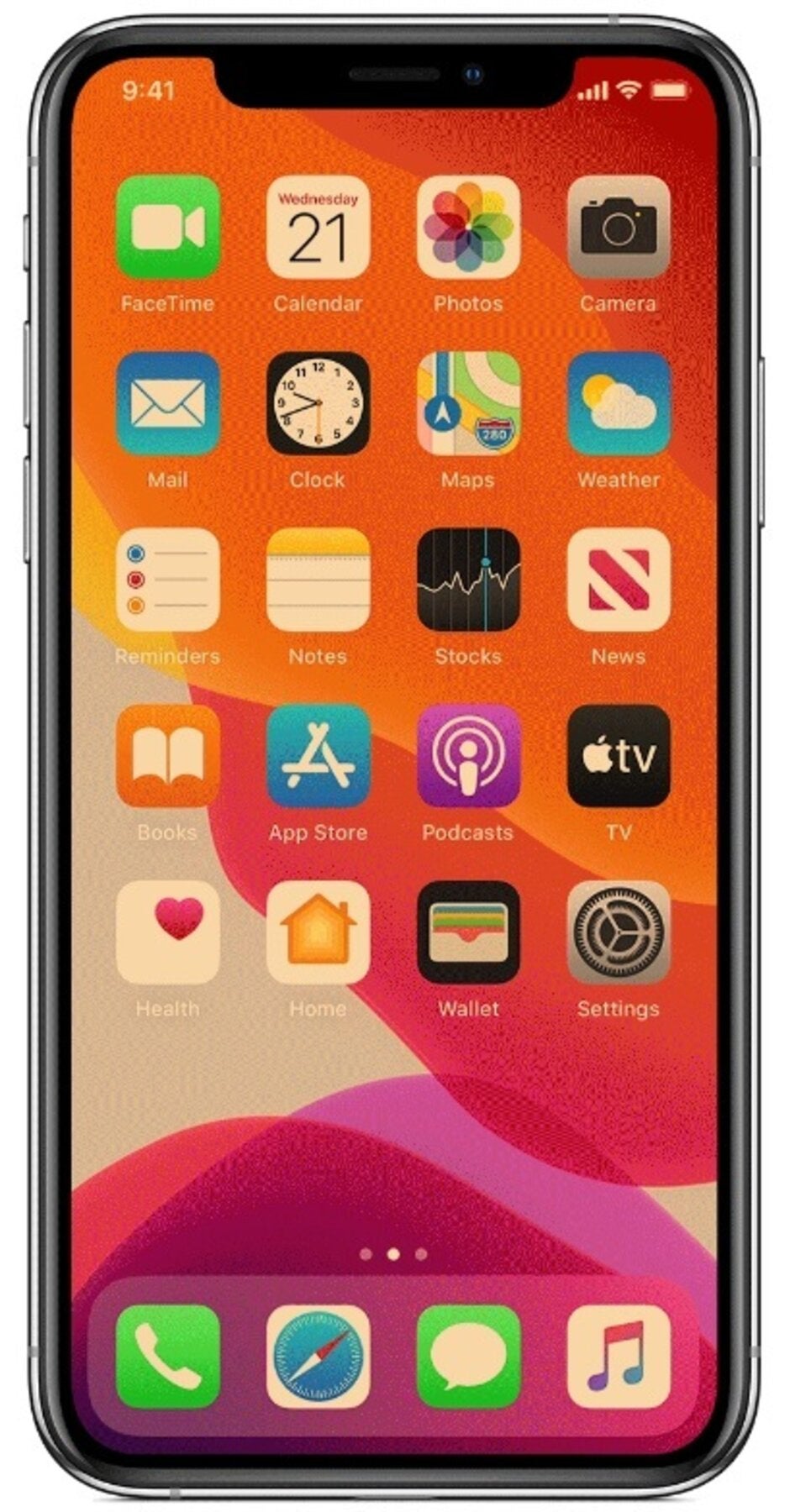
The yellow tint and the removal of blue light in Night Shift is not beneficial to your internal clock says a new study
The University of Manchester scientists said that Night Shift and Night Light, by limiting users' exposure to blue light, might be sending the body mixed messages. The researchers used mice for their test along with special lights that can change colors but not the brightness. What they found was that blue lights have a weaker effect on a mouse's body clock than yellow light. The team's Dr. Tim Brown said, "We show the common view that blue light has the strongest effect on the clock is misguided; in fact, the blue colors that are associated with twilight have a weaker effect than white or yellow light of equivalent brightness."
If using Night Shift or Night Light makes it harder for you to fall asleep at night, your response is confirming what the researchers at the University of Manchester have found. Dr. Brown states, "Our findings suggest that using dim, cooler, lights in the evening and bright warmer lights in the day may be more beneficial. Research has already provided evidence that aligning our body clocks with our social and work schedules can be good for our health. Using color appropriately could be a way to help us better achieve that."
Regardless of whether you use iOS or Android, give this theory a try tonight. Disable Night Shift or Night Light and see if you get a better night's sleep.
Follow us on Google News




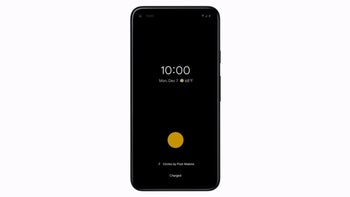
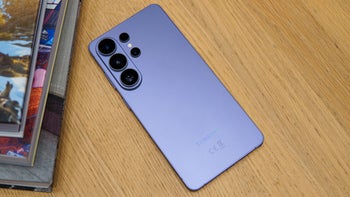
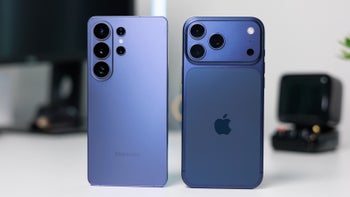
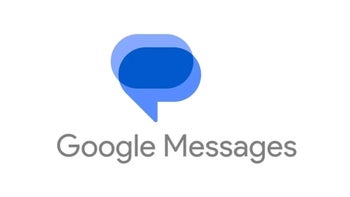






Things that are NOT allowed:
To help keep our community safe and free from spam, we apply temporary limits to newly created accounts: